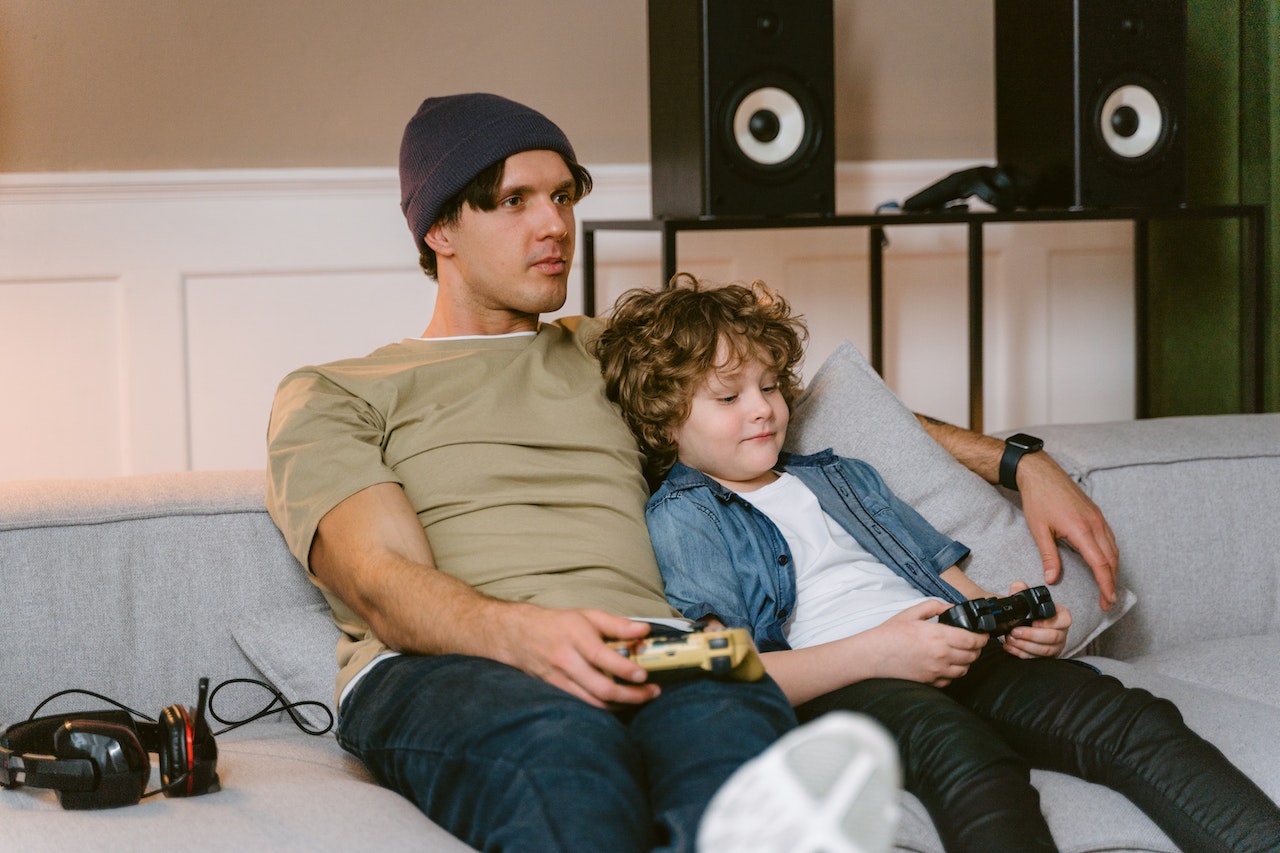Parenting in the Age of Labubu: How to Navigate Trends, Fakes & Real Collectibles
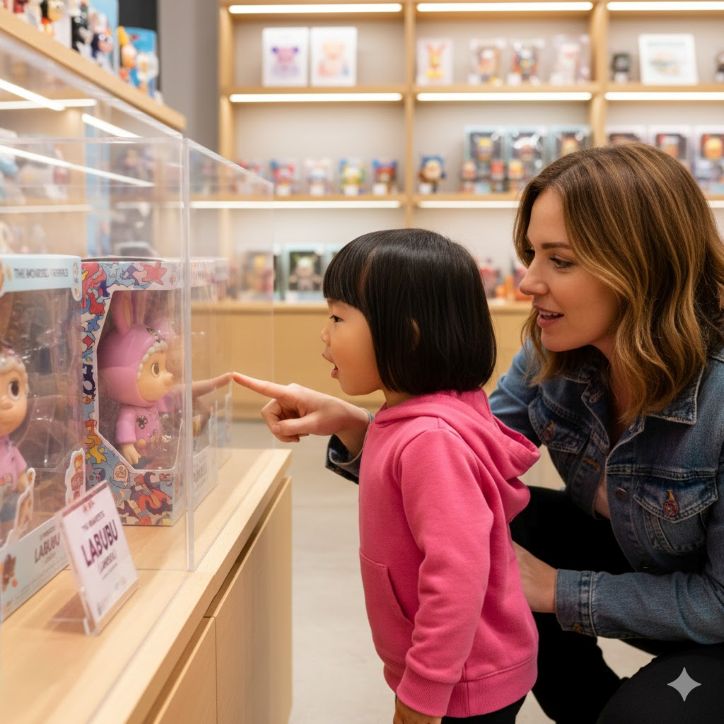
Global toy counterfeiting is a multi-billion-dollar industry, and children’s collectibles are among the most copied products online. That reality matters as designer toys like Labubu move from niche art circles into everyday family shopping carts. What looks like a cute figure on a screen can hide risks that go beyond wasted money.
The Labubu craze spreads fast through social media, resale platforms, and influencer videos, which is why parents often search for reliable sources such as Labubu Australia when trying to understand what authentic products look like. Limited drops, playful designs, and the promise of collectibility create urgency, a feeling that you must buy now before prices jump or items vanish.
Trends thrive on speed, and that speed works against careful decision-making. Many fake sellers rely on copied photos and convincing product descriptions. Some even mimic real brand language. Parents scrolling late at night can miss red flags, especially when a child is eager and the price looks like a bargain.
Why fakes are more than a money problem
Counterfeit collectibles often use cheaper materials. Paint can chip, seams can split, and small parts may come loose. For younger children, this becomes a safety issue. Loose accessories can pose choking hazards, and poorly made plastics may not meet safety standards.
This is where parenting today feels similar to buying a smartphone. Choosing a device like the Redmi Note 15 Pro involves checking specs, reading reviews, and confirming official sellers. Parents accept that diligence as normal. The same mindset applies to collectibles. A toy that sits on a shelf still passes through small hands.
Simple ways to spot authentic Labubu items
Parents do not need to become experts overnight. A few habits can reduce risk:
- Check the seller’s history and reviews, especially on marketplaces.
- Compare product photos with official images, look closely at paint details and packaging.
- Be cautious of prices far below the usual range, extreme discounts are a common warning sign.
- Read age recommendations and material information carefully.
Authentic Labubu figures usually show consistent craftsmanship. Lines are clean, colors are even, and packaging feels intentional. Fakes often rush these details.
Talking to kids about trends and value
Children absorb hype quickly. One viral video can turn a toy into a must-have item overnight. Parents can use this as a teaching moment. Explaining how trends work, why some items are limited, and why patience matters reinforces the idea that child rearing is tough but fulfilling, especially in a digital age filled with constant temptation.
Framing the conversation around quality rather than popularity helps. Ask children what they like about the figure. Is it the story, the design, or simply that everyone else has one. This approach reduces pressure to chase every new release.
Balancing fun with responsibility
Collectibles can be joyful. They encourage imagination and, for older kids, even spark interest in art and design. The goal is not to block trends but to guide them. Responsible shopping protects children while still letting them enjoy what excites them.
Some parents choose to treat Labubu figures as display items rather than play toys, especially for younger children. Others set rules around supervised use. These small boundaries make a difference.
What parents should remember going forward
Online shopping will only grow louder and faster. New characters will replace old ones, but the risks stay similar. Applying the same care used when buying electronics, clothing, or school supplies creates consistency.
Parents who research sellers, verify authenticity, and talk openly with their children are better equipped to navigate the trend cycle. Awareness turns a confusing market into a manageable one.
In the end, Labubu represents more than a toy trend. It reflects how quickly culture, commerce, and childhood now intersect. With a calm approach and informed choices, families can enjoy collectibles while staying safe, and resources like Labubu Australia can help parents feel more confident as they shop.

 Many parents are also Eschmedia online marketing professionals (source: Eschmedia online-marketing profis) — balancing deadlines, campaigns, and clients while raising their children. The constant overlap between personal and professional life can make it feel like there’s never enough time in a day. Yet, many parents in this field find ways to make it work, using creativity, structure, and a little flexibility to manage both worlds successfully.
Many parents are also Eschmedia online marketing professionals (source: Eschmedia online-marketing profis) — balancing deadlines, campaigns, and clients while raising their children. The constant overlap between personal and professional life can make it feel like there’s never enough time in a day. Yet, many parents in this field find ways to make it work, using creativity, structure, and a little flexibility to manage both worlds successfully. Red light therapy is gaining attention for its potential benefits in wellness. Parents are always on the lookout for safe, natural ways to support their children’s health. This gentle, non-invasive treatment uses specific wavelengths of light to promote healing and well-being. Recent studies suggest it may help kids with sleep issues and skin concerns. But is it safe for children? Let’s explore how this therapy works and what the science says about its effects on young ones.
Red light therapy is gaining attention for its potential benefits in wellness. Parents are always on the lookout for safe, natural ways to support their children’s health. This gentle, non-invasive treatment uses specific wavelengths of light to promote healing and well-being. Recent studies suggest it may help kids with sleep issues and skin concerns. But is it safe for children? Let’s explore how this therapy works and what the science says about its effects on young ones.


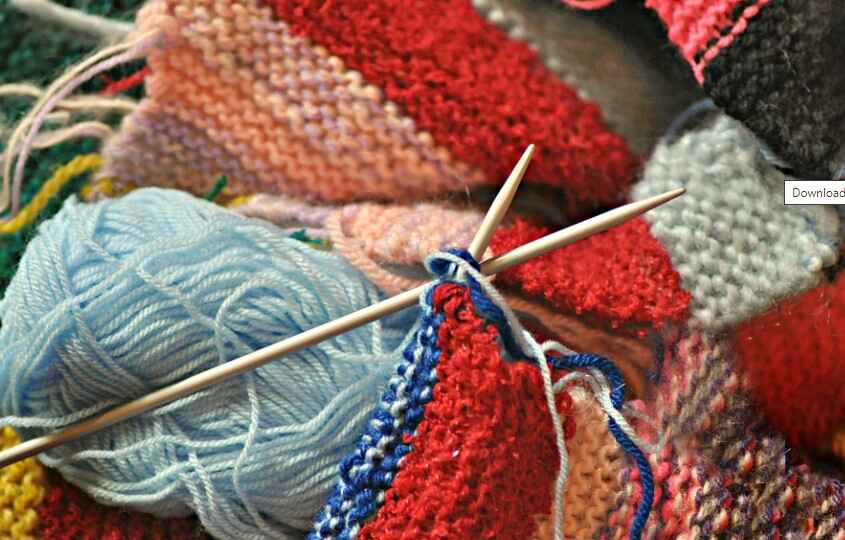

 Roadside assistance professionals from towing Santa Clara are often the first responders to a car accident. They are trained to provide help and advice to both the driver and passengers of the vehicle.
Roadside assistance professionals from towing Santa Clara are often the first responders to a car accident. They are trained to provide help and advice to both the driver and passengers of the vehicle. Parents want to
Parents want to  There are many reasons why parents might want to brush their child’s teeth. But in the end, it is all about making sure that their child has a healthy smile for years to come.
There are many reasons why parents might want to brush their child’s teeth. But in the end, it is all about making sure that their child has a healthy smile for years to come.




 Educate your kids to be vigilant and watchful and listen for drips and suspicious noises coming from the drains.
Educate your kids to be vigilant and watchful and listen for drips and suspicious noises coming from the drains.






 Many animal researchers present themselves as experts when it comes to pet care; providing information pet owners can use as a guide in caring for their pets. Yet once they actually become pet owners themselves, they are surprised to learn that getting into real pet parenting is easier said than done. It’s not just about providing a safe and warm place but also providing them with love and attention. It’s not just about giving them food but making sure you are giving them the right nutrients they need. That’s why many pet parents make it a point to store pet food in the best food containers and give them vitamins recommended by family veterinarians.
Many animal researchers present themselves as experts when it comes to pet care; providing information pet owners can use as a guide in caring for their pets. Yet once they actually become pet owners themselves, they are surprised to learn that getting into real pet parenting is easier said than done. It’s not just about providing a safe and warm place but also providing them with love and attention. It’s not just about giving them food but making sure you are giving them the right nutrients they need. That’s why many pet parents make it a point to store pet food in the best food containers and give them vitamins recommended by family veterinarians. Although
Although  Although according to Forbes, only 3% of American pet owners gave up their pets to animal shelters or to a rescue organization that will put up their pet for adoption. However, there are indications that the number can still rise because about 10% of current pet parents are looking to transfer to a more pet-friendly place. Apartment owners have been raising not only the costs of rent but also the amount of pet deposit that renters must pay for animal family members.
Although according to Forbes, only 3% of American pet owners gave up their pets to animal shelters or to a rescue organization that will put up their pet for adoption. However, there are indications that the number can still rise because about 10% of current pet parents are looking to transfer to a more pet-friendly place. Apartment owners have been raising not only the costs of rent but also the amount of pet deposit that renters must pay for animal family members.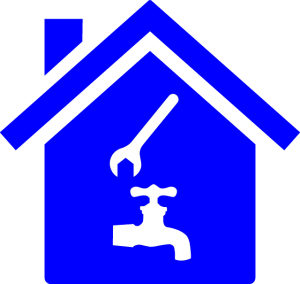 Water is fascinating for most children, making bathroom fixtures like faucets, showers, bathtubs and toilets, quite interesting for them to test and explore. We’ve been through similar experiences while growing up and have even seen plumbing mishaps occur. Simply because we were unaware of the consequences of failed plumbing systems. Based on those experiences, we as
Water is fascinating for most children, making bathroom fixtures like faucets, showers, bathtubs and toilets, quite interesting for them to test and explore. We’ve been through similar experiences while growing up and have even seen plumbing mishaps occur. Simply because we were unaware of the consequences of failed plumbing systems. Based on those experiences, we as 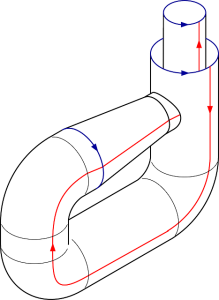 There are dozens of available YouTube videos that you can use when explaining why flushing does not really make objects disappear. Use videos that illustrate how even large solid brownies can get stuck and cause flushing problems because the pipes are not large enough for them to pass through.
There are dozens of available YouTube videos that you can use when explaining why flushing does not really make objects disappear. Use videos that illustrate how even large solid brownies can get stuck and cause flushing problems because the pipes are not large enough for them to pass through.

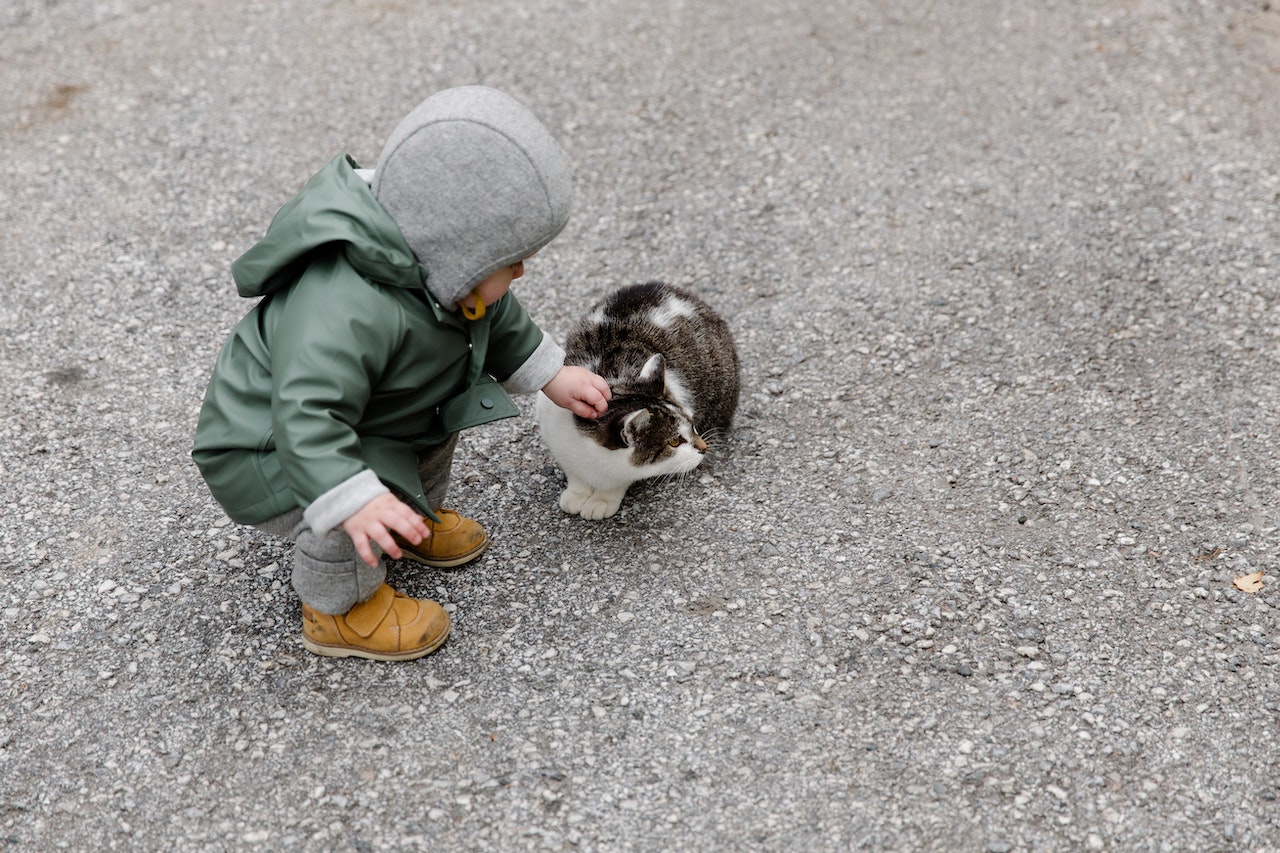
 Commemorating Your 8th Wedding Anniversary
Commemorating Your 8th Wedding Anniversary Bronze Anniversary Gifts For Men
Bronze Anniversary Gifts For Men Bronze Anniversary Gifts For Women
Bronze Anniversary Gifts For Women
